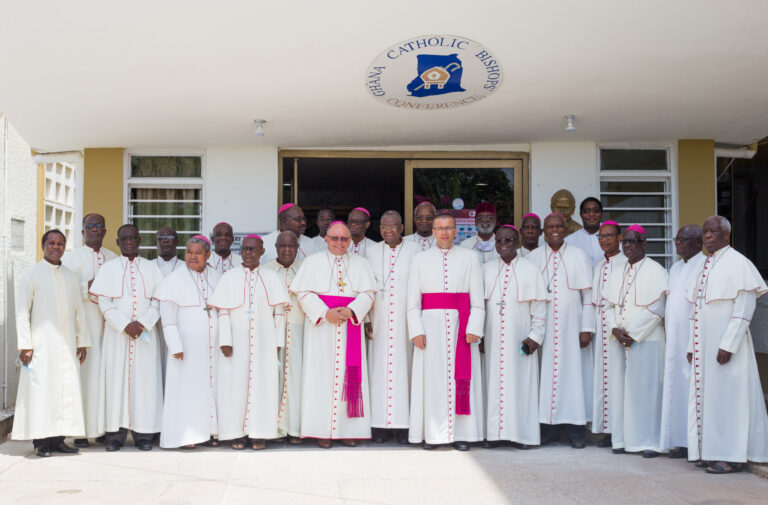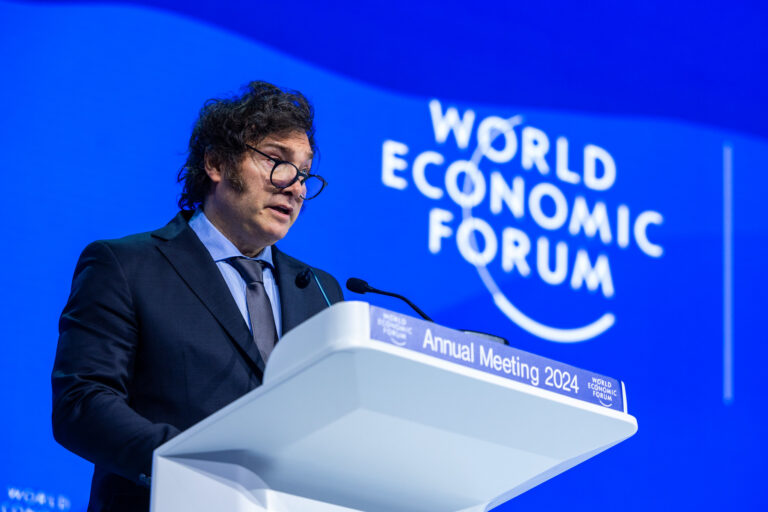In the first population control funding vote of l997, the US Congress in February narrowly approved a presidential “Finding” calling for early release of already appropriated fiscal year l997 funds. While the nearly US$200 million in funding cuts achieved last year will stay in place, the joint congressional resolution means an additional US$123 million will be released to organizations and programs that often promote and per- form abortions, encourage and practice coercion and, by their emphasis on reducing fertility at all costs, undermine primary health care systems in developing countries.
Such was President Clinton’s zeal to control population and promote abortion worldwide that, as soon as he took office, he nullified the Mexico City Policy, which from 1984 to 1992 had ensured that US population planning funds would not go to support foreign non-governmental organizations that perform abortions or lobby to legalize abortion in foreign nations. Thereafter, the Clinton Administration granted huge funding in- creases to a number of organizations, such as the International Planned Parenthood Federation (IPPF), that are deeply involved in providing abortion services or lobbying for the legalization of abortion in developing countries.
As if to explain this drastic shift in policy, US Undersecretary of State Timothy Wirth declared in May 1993 that “abortion” was a “basic human right,” and that “A government which is violating basic human rights should not hide behind the defense of sovereignty.” The Administrations goal, he asserted was to make this “reproductive choice” available to every woman in the world by 2000 AD. These are radical proposals, which put the US in the position of funding organizations which actively work to undermine, and in many ease actually violate, the laws of dozens of sovereign nations.
This blatant attempt by the Administration to impose its own abortion and population control agenda on foreign countries did not go unchallenged. In l995-96, US Congressman Chris Smith, a Republican from New Jersey, who serves as Chairman of the International Relations Subcommittee on International Operations and Human Rights of the US House of Representatives, offered numerous amendments to restore the Mexico City Policy. The House of Representatives repeatedly voted in favor of these amendments, which would have denied US “population planning” funds to foreign private organizations that perform abortions (except to save the life of the mother, rape, or incest), that violate foreign abortion laws, or that lobby to change foreign abortion laws.
The White House was unhappy with these amendments, and threatened to veto any bill that contained Congressman Smith’s language. Because of vociferous Administration opposition, the Smith language was unable to win passage in the Senate. In January 1996, in the debate over the foreign operations appropriations bill (HR 1868), a compromise was reached. The “Mexico City” language was dropped in return for a reduction in FY 1996 appropriations for population assistance of 35%. The final September funding bill [now PL l04-208] contained no new policy language to restrain the Administrations pro-abortion activities overseas. Instead, it again set population control funding at a level about one-third lower than 1995, and forbid the Administration from obligating these funds until 1 July 1997 and then only at a rate of 8 percent a month.
The September law also required the President to submit a “finding” regarding the effects of funding cuts on “the proper functioning of the population planning program,” which he did on January 31, 19971. To no one’s surprise. Clinton recommended to Congress that USAID population control funding be released early. But analysis by PRI researchers showed that the “finding” was riddled with faulty assumptions, statistics and research methods largely drawn from recent reports by the Rockefeller Foundation, the Population Council and the Alan Guttmacher Institute.
“The American people have no idea of the ways in which their tax dollars are being used around the world — often coercively to impose the failed ideas of western population controllers, pro-abortionists, and radical environmentalists on the people of developing countries,” Institute President Steven W. Mosher said. “This money will provide 50 million condoms, a half million IUDs and 5 million sets of birth control pills, when what is really needed by our third world neighbors is assistance with authentic development in the form of basic medical supplies, antibiotics, assistance with developing modern agricultural techniques and ways to provide clean water.”
Mosher was joined at the news conference by US Senator Tim Hutchinson, a Republican from Arkansas, and Representative Chris Smith. Also present were witnesses from Mexico, Kenya, and the Philip- pines, who spoke of the negative impact of population control programs in their countries. Graciela Hilario de Rangel and Cecelia Bram Anguiano from Mexico testified that they were inserted with IUDs against their will by government doctors. Dr. Stephen Karanja told of Kenya’s desperate need for basic drugs such as penicillin and anti-malarial tablets, while huge stocks of contraceptive drugs and devices pile up in ware- houses. Bernadette Ocampo, R.N., reported on IPPF’s “hidden agenda” to promote, perform and legalize abortion in the Philippines, where such acts are forbidden under the constitution. The reader will find their statements elsewhere in this issue.
Although the congressional vote means that money began to flow down the population control pipeline on March 1, 1997, four months earlier than it would have otherwise, we at PRI believe that the debate leading up to the vote helped to educate of Americans on the essential immorality of US population control spending. Press coverage of the news conference was excellent, and our work received notice in the Wall Street Journal, the New York Times, and USA Today, among other places.
We believe that the time has come for the US Congress to create an independent commission to reassess the rationale, efficacy and impact of population control spending programs, especially as compared with other forms of foreign aid. The governments of other countries should be encouraged to undertake similar reassessments as well.










